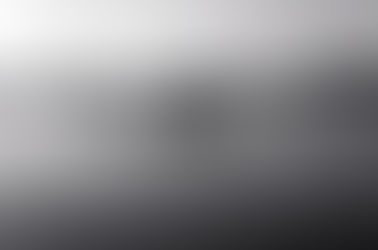Angst and Headaches: What the Heck is Poetry?
- Mar 1, 2017
- 3 min read

It’s the type of writing most people in literature classes despise analyzing. Why? Because it’s confusing, and there’s all this old-timey language and symbolism. But fiction has symbolism. And I’m pretty sure anything that’s written in “old-timey language” is going to be confusing. There’s plenty of contemporary poetry in the world that is absent of “thees,” “thous,” and “troths.” So why does poetry seem to be so esoteric, then? Part of the reason probably lies with the difficulty to define poetry.
If you ask the internet what poetry is, it’ll tell you that poetry is a genre centered on expressing ideas and feeling while making use of rhythm and stylistic choices. But what type of specific choices? This is perhaps where poetry loses people. Unlike stories which tend to have a plot, poems are often bereft of plot. Poetry gets to the heart of things in its own way. I’ve had a friend say she was terrified because I could sum up everything she wanted to say in a five-page story in thirty lines of poetry. I like poetry because it takes less time to write, and less time to revise. “Novelists are long distance runners, poets are sprinters,” I had a professor say. And that sums up part of the appeal succinctly. Poems also submerge themselves in the realm of ambiguity. Poetry more than any other genre is dependent upon the reader to make some sense of it, because poets are aware of the connotation (suggested meaning) and denotation (dictionary definition) of words. And they toy with it. Poetry is also a completely subjective form of writing. Having its roots in oral tradition, interpretation of poetry is left to those who read or hear it.
Oral tradition also set poetry as a very sonic form of writing. Rhyme and meter are devices often used in poetry, especially in older poems. Song and prayer are also related to poetry. One could argue that they are poems in and of themselves. In fact, several Bob Dylan songs are included in poetry anthologies.
Poetry goes beyond what Robin Williams says in “Dead Poets Society.” Poetry is not a device to woo women (and ol’ “Uncle Walt [Whitman]” would know, as there’s some pretty keen evidence to indicate he was a fan of the phallus), poetry praises everything. “Every poem is a love poem” is a quote I’ve heard a lot since I started taking poetry seriously, and while that may seem to make about as much sense as an orchestra of kazoo-playing orangutans, there is truth to it. Sylvia Plath who is described as one of the Darkest of the Dark, “the Patron Saint of Angsty Teenage Girls,” is able to take the horrifying, and turn into something beautiful. In “Poppies in October” she sees a woman bleeding to death, but gives her demise a flowery quality by stating her visible heart “blooms through her coat so astoundingly.” And in “Cut,” where the narrator has sliced open the top of her thumb, Plath packs the poem with excited energy and enraptures readers with her bizarre description of the event.
Those who are deemed “sad” writers also craft some of the most beautiful poetic verse. From Edgar Allen Poe’s rhythmically beautiful “Annabel Lee,” to the numerous Death-centric poems by Emily Dickinson. Perhaps that is why people seem to be driven away by poetry, because it travels to the dark corners of our minds and can reveal thoughts we’d rather repress. But that’s another reason why poetry is important: it displays the vital aspects of humanity. In his TED Talk on “Why People Need Poetry,” Stephen Burt explains that poetry can remind us of the inevitability of death, and this is what powers poets. They pay attention to the world, they write it down. The pressure of death forces out beautiful works. That may be too dark for some, but stopping and allowing yourself to enjoy the world you live in while you’re alive is just what poets do.
When someone says writing is “poetic,” usually what they mean is “described well.” Poetic writing will have a nice sound and/or rhythm to it. Poetry in and of itself is physical writing: reliant on ears, eyes, and heart to shape it. Poetry is not something to be scared of. There may be one poem you see as beautiful, be it Sappho or Shel Silverstein. Poetry is a subjective art, designed by the poet, and manifested by the reader.





















Comments